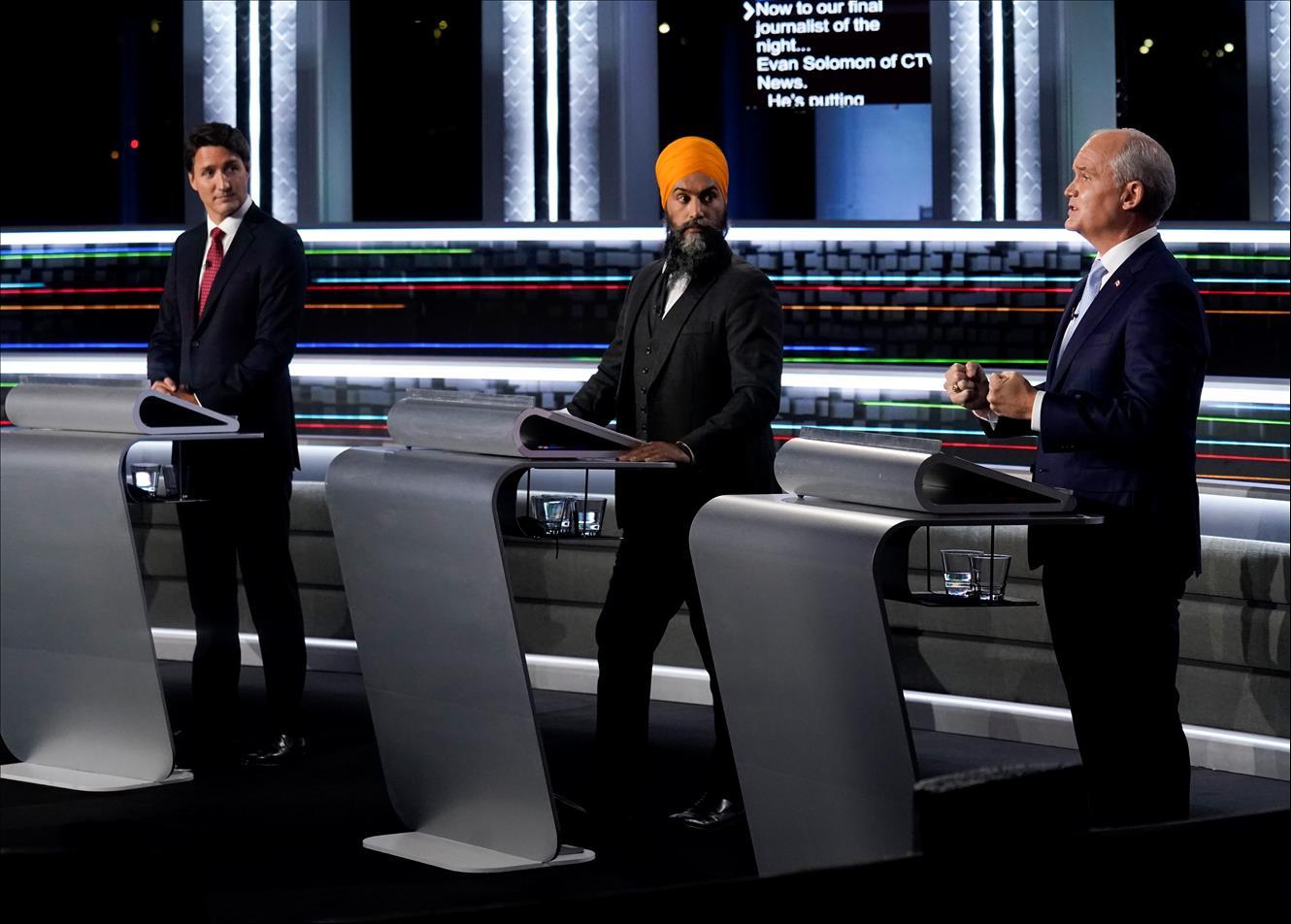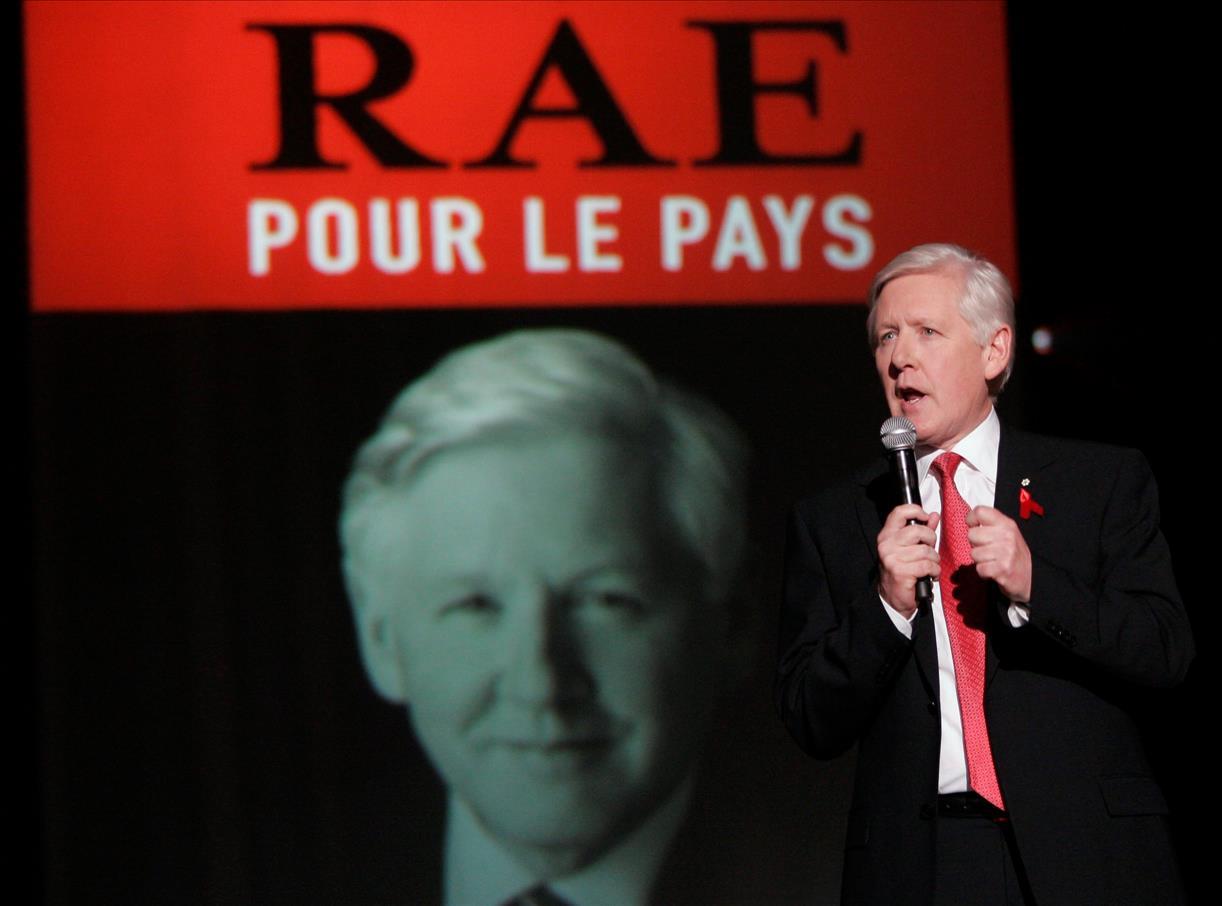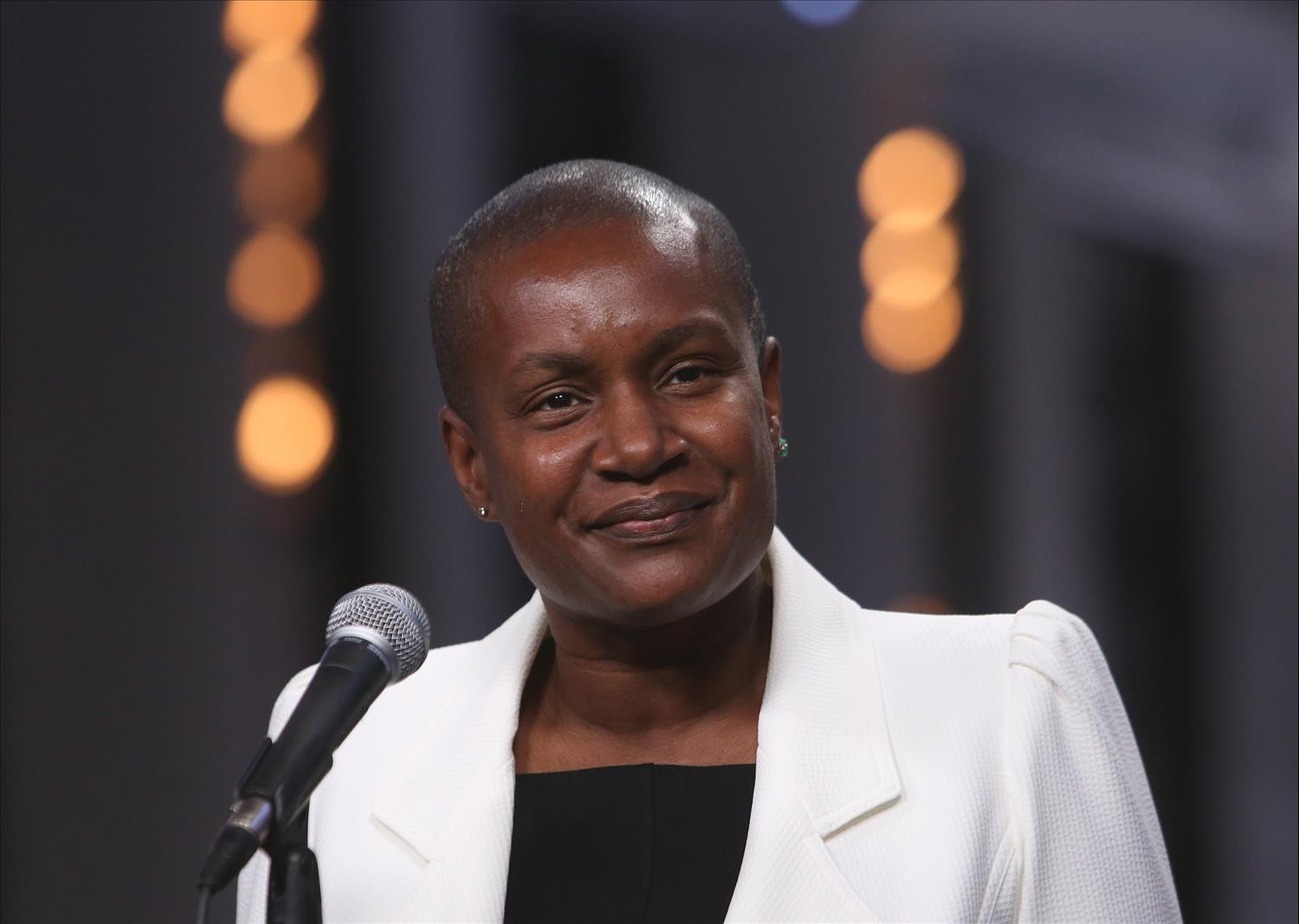(MENAFN- The Conversation) “Rare that they change the dynamic. They solidify the partisan vote. The post-debate media can give a bump to the winner, but that flattens out come election day.”
So says Greg Schmidt, lawyer, veteran Liberal adviser and former chief of staff to Deputy Prime Minister Herb Gray. Earlier this week, Schmidt shared his shrewd insights with me on the real impact of federal leader's debates.
He pointed out that the last debate of true consequence was the showdown between Conservative Brian Mulroney and Liberal John Turner in 1984, when Mulroney's devastating riposte to his rival that he“had an option” regarding controversial patronage appointments did real damage to Turner's campaign .
CTV News. University of British Columbia political scientist Richard Johnston, who has been studying Canadian elections for decades, tends to agree. As Johnston said on CBC recently :“More often than not, (debates) cause a short-term change that is reversed.” That post-debate blip, in other words, is almost never sustained.
In short, leaders' debates, along with political speeches generally, are perhaps the most over-rated, media-hyped and uber-analyzed events in politics — though they rarely have a meaningful impact on electoral outcomes.
This week's debates are no exception.
French debate
The Sept. 8 showdown was entitled the French-language debate, which is a bit of a misnomer. It would be more accurate to call it the Québec Debate, because issues that might concern the one million francophones who live outside the province weren't touched upon at all, and never are in this debate.
Federal leaders make their points during the French-language leaders debate in Gatineau, Que. THE CANADIAN PRESS/Justin Tang And like most discussions of Ottawa-Québec politics over the past two generations, almost every issue revolved around two basic ideas.
First, Ottawa needs to give more money to the province without any conditions attached.
Second, Ottawa needs to do more to recognize Québec's distinctness and autonomy in the Canadian federation.
All five leaders tried to convince Québecers that they will do both those things in different ways. But it's unlikely to have any meaningful impact on the Québec vote.
English debate
What about the Sept. 9 English-language contest , which could more accurately be called The Rest of Canada Debate?
Prior to this debate, the Ottawa Press Gallery and pundits framed it as vital to the election outcome. After all, they have to cover the debate and therefore have to convince Canadians it's worth tuning into — and some media also seem to enjoy the role of self-appointed arbiters of who won or lost.

Liberal Leader Justin Trudeau, NDP Leader Jagmeet Singh,and Conservative Leader Erin O'Toole square off. THE CANADIAN PRESS/Adrian Wyld Yet once again, the English debate rarely changes the basic dynamic of the election, and it hasn't in 2021 either.
No leader was significantly damaged and no leader made any major gains. In other words, the performance of the leaders probably did little more than solidify the support from the partisans who already planned to vote for them.
Rallying cry speeches have no impact either
This is nothing new when it comes to both debates and speeches.
Take, for example, the 2006 federal Liberal leadership convention. At that convention, I worked for Bob Rae, who gave by far the best speech of the eight women and men on that stage. Supporters like me were convinced following Rae's speech that the leadership was his. He came third.

Bob Rae delivers his speech at the Liberal leadership convention in December 2006 in Montréal. (CP PHOTO/Adrian Wyld) The winner, Stéphane Dion, gave the worst speech that day — it was so long and rambling that convention organizers had to cut his microphone before he could finish the speech.
At the bar after Dion had won, Richard Mahoney, another veteran of many campaigns, said to me ruefully:“Once again we learn that speeches are meaningless in leadership conventions.”
One could say the much the same about most federal election leader's debates.
Oratorical skills no longer valued
Part of the reason could be that oratorical eloquence and spontaneity are no longer valued or present in our politics the way they once were.
The era of the great Parliamentarian who gives fluent, extemporaneous speeches is long over. Consequently, leadership candidates are rarely equipped to deliver those coveted“knock-out punches” in debates.
Openings to deliver that kind of thrust also almost never happen. As Schmidt told me:
The most insightful comment I've heard about the English debate wasn't from a journalist, a political scientist or a pundit. It was from an old friend of mine who tends toward the conservative end of the spectrum.

Annamie Paul speaks to the media following the debate. THE CANADIAN PRESS/Fred Chartrand He concluded that Green Party Leader Annamie Paul, NDP Leader Jagmeet Singh and BQ Leader Yves-Francois Blanchet seemed the most comfortable in their skins, and the leaders he would most like to have a pint with among the five. But he attributed their relaxed performances to the fact that none of them have any chance of winning the election.
A wise comment indeed that says a lot about the value of leaders' debates.

MENAFN10092021000199003603ID1102775551
Legal Disclaimer:
MENAFN provides the information “as is” without warranty of any kind. We do not accept any responsibility or liability for the accuracy, content, images, videos, licenses, completeness, legality, or reliability of the information contained in this article. If you have any complaints or copyright issues related to this article, kindly contact the provider above.